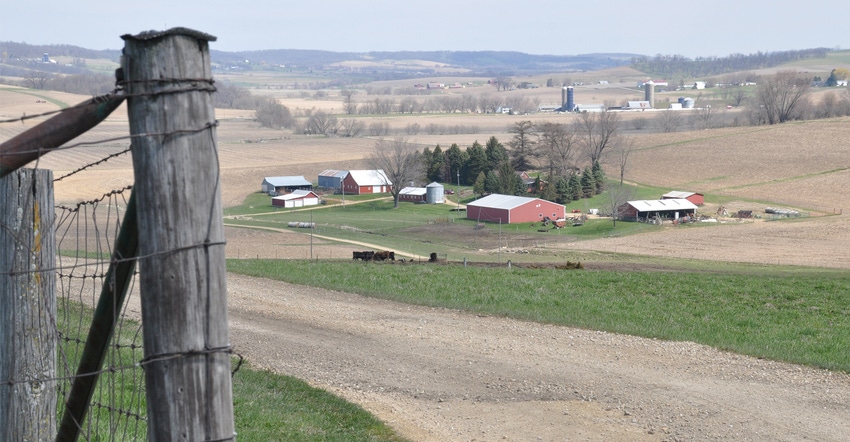January 3, 2023

It is one of those days to stay inside. Out the window I am watching the snow and the temperature fall furiously. A day to contemplate. To remember growing up on the farm — watching my father optimistically over-extend, then battle against spiking interest rates, but eventually lose the family farm. Had a few things gone differently, I would be decades into a very different career. When I think back, I regret the pain Dad went through, but I am always inspired by how he moved on from being a farmer to a career serving farmers’ needs for feed and seed.
I don’t regret a thing. As Dad found, serving farmers is a special opportunity. Farmers are generally salt-of-the-earth people. Their estates and families are different from those of city folks. Not being judgmental here, not necessarily better or worse. But definitely different, and much more interesting.
Most people who do well in other fields accumulate money. Money is all the same. One dollar is no different from another. When those people think about their estate plan, they can just focus on figures: How many dollars should each heir get? Will estate taxes take some of those dollars? If so, that reduces the number of dollars to each heir. Oh well, the kids didn’t work for those dollars, so they should be grateful for any they receive.
Farm families are different in at least three important ways:
1. Unique estate. Your estate consists largely of something totally unique: Every tract of real estate is different from any other real estate. You and those who came before you took this piece of land and cared for it, nurtured it and improved it. Your ancestors didn’t dig stumps out of other property, but they did from this land. Since you acquired it, whether by purchase or inheritance, you increased its value while it was under your care.
The government may have mismanaged the economy so as to inflate land prices, but it didn’t make your property worth more. It still takes as many acres to provide for a family as it always did, maybe more than ever. Ironically, as the price of land goes up and the estate tax exemption doesn’t keep pace, government looks forward to increased rewards for its failures.
2. Team effort. Another important difference between city folks and farmers is the way your estate was built. You are grateful for what your ancestors did, and you know what you have done, but you also recognize that some or all your children contributed significantly to the growth in value of your estate. They stayed around, worked hard and gave up other opportunities. Their love of the land, passion for farming and appreciation for country life helped you get through some tough stretches. Building the estate you now have was a team effort.
What if your estate is hit with estate tax? It’s not just a few of the dollars that the heirs won’t get. No, they will lose part of what they helped build. That just isn’t fair.
3. Fairness question. When city folks divide their money among their children who neither contributed to, nor have a stake in the direction of, those dollars, it is easy to simply say, “Divide it equally; that’s the fair way.” Estate planning for farm families is rarely like that. How you pass on your estate can destroy livelihoods, crush initiative and, worst of all, devastate family relationships. Or it can protect, reward and reinforce those things. Proceed with caution.
Basic legacy protection
Think of estate planning as a process of thoughtfully developing a vision for the future of your farm and family, carefully arranging your affairs now and identifying the steps to take during the rest of your life to make that vision become a reality, and then faithfully taking those steps as and when you should. Experienced professionals should help you and your family understand all the good you can accomplish, far beyond mere estate tax avoidance. Don’t control-from-the-grave anything that you don’t want to. But be sure to consider how you can protect the kids’ inheritance from catastrophes like lawsuits, failed marriages and estate tax laws that may be quite different by the time they are passing the farm to future generations.
The results will bless your family with a smooth transition highlighted by family harmony and provide a firm foundation for a lasting legacy.
Ferguson is an attorney who owns The Estate Planning Center in Salem, Ill. Learn more at thefarmersestateplanningattorneys.com.
About the Author(s)
You May Also Like






